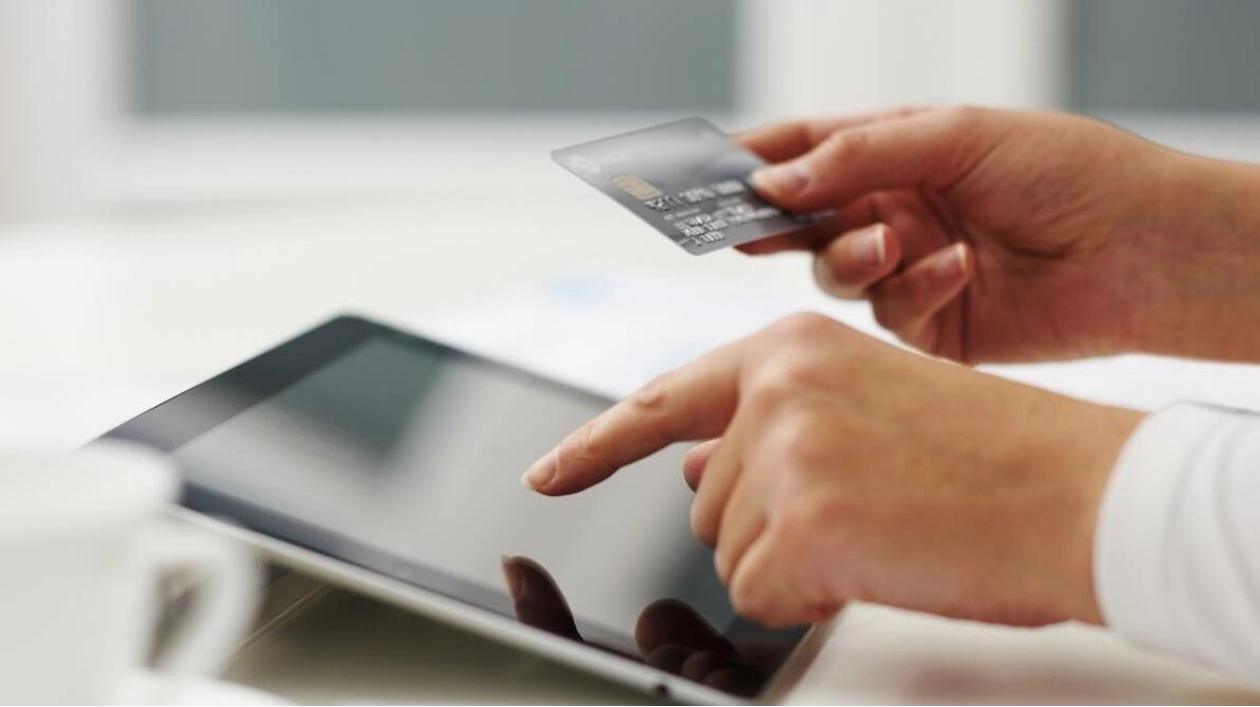Prior to the widespread implementation of digital payment methods, service industry employees like delivery riders and gas station attendants could anticipate earning up to Dh1,500 monthly in tips, despite tipping not being obligatory in the UAE. However, the shift towards cashless payments has led to a significant reduction, with some workers now receiving as little as Dh200 per month.
A delivery rider with seven years of experience in the UAE has noticed a stark shift in payment practices and customer engagement. 'These days, it's uncommon for someone to pay with cash; it's usually via card, and sometimes I don't even meet the customers as they leave the orders at the door, so customer interactions have also diminished,' he shared with Khaleej Times. 'In the initial years, I earned a fair amount from tips, but now it's quite infrequent.' He also mentioned that tourists might still tip as they typically carry cash.
Amir, a gas station employee, has also seen a decrease in tips over the years. 'In the past, I would receive Dh80 to Dh100 daily in tips, especially in the summer. But now, it's quite rare,' he said. He noted that customers often look for small change to tip but usually come up empty-handed.
There is no set amount for tipping in the UAE, nor is there a general agreement on what constitutes an ideal tip. Some individuals round up the bill, while others opt for 10 to 15 percent. Despite the prevalence of digital payments, some residents continue to maintain their tipping habits by keeping cash on hand.
Mohammed Bushra, a Sudanese expat in the food and beverage sector, recognizes the significance of tips for staff and always ensures to have cash available. 'I always make sure I have cash on me. Tips are very important to riders and waiters, so I make it a point to withdraw some,' he explained. Bushra believes that even with the rise of digital payments, having cash can be crucial for tipping and other unforeseen needs.
Inas Harbi, a Lebanese resident of Al Ain, shared a similar view. 'I wouldn't have cash with me for months, and I always felt guilty when I wanted to tip but couldn't,' she said. Harbi's perspective changed as she began keeping small amounts of cash in her wallet due to her children's frequent visits to the grocery store.
This routine of frequent grocery visits prompted Harbi to keep cash on hand. 'Since then, I've had enough cash to tip those who deliver food to me and others,' Harbi added. Although delivery apps and restaurants have adopted digital payments, some have acknowledged the necessity of facilitating tipping through their platforms.
Gyanendra Prasad Kar, Founder and Manager of Indian Delights, noted that tipping is now easier through applications, as it is integrated into the billing process, unlike cash payments where customers might not have exact change. He also mentioned that card swiping machines are equipped with a tipping system, which is communicated to restaurant diners. Kar suggested that businesses could enhance their payment systems with clear prompts for tipping and remind customers through menu mentions or in-restaurant signage.
Rohit, a waiter at Indian Delights, observed that a decrease in tips might be due to machines prompting customers to tip immediately after paying, which differs from the cash method where change often served as a tip. The recent global tech outage on July 19, which affected many UAE residents, served as a reminder of the importance of always having cash available for daily transactions.






